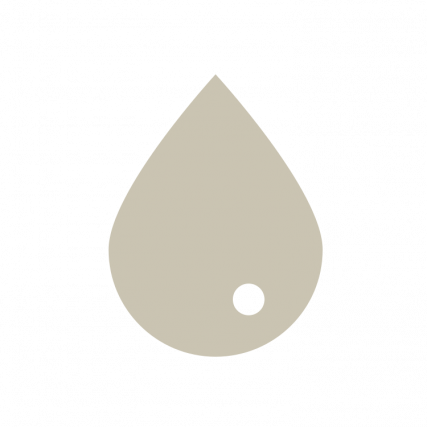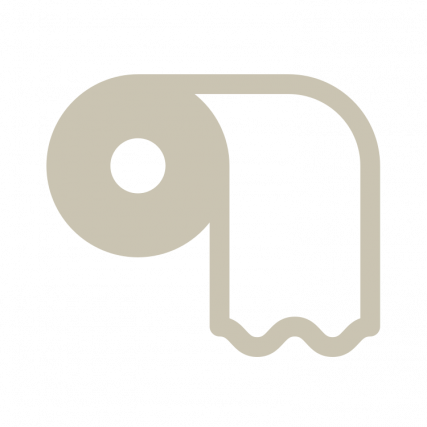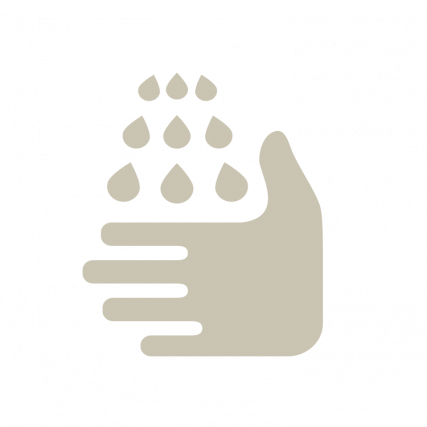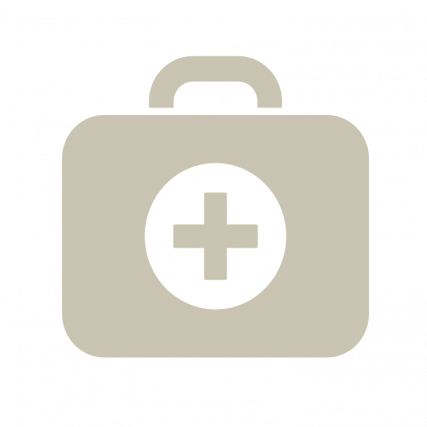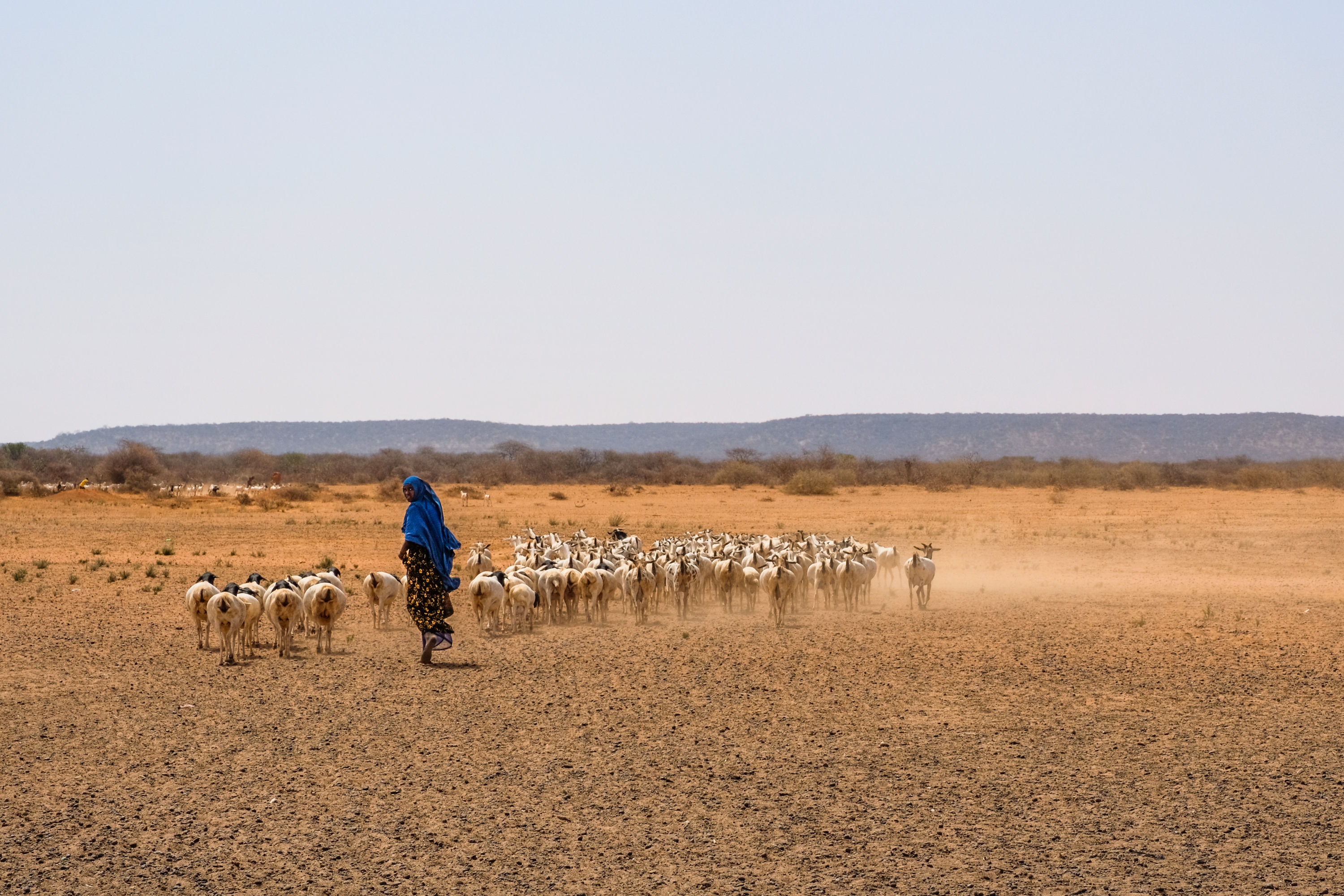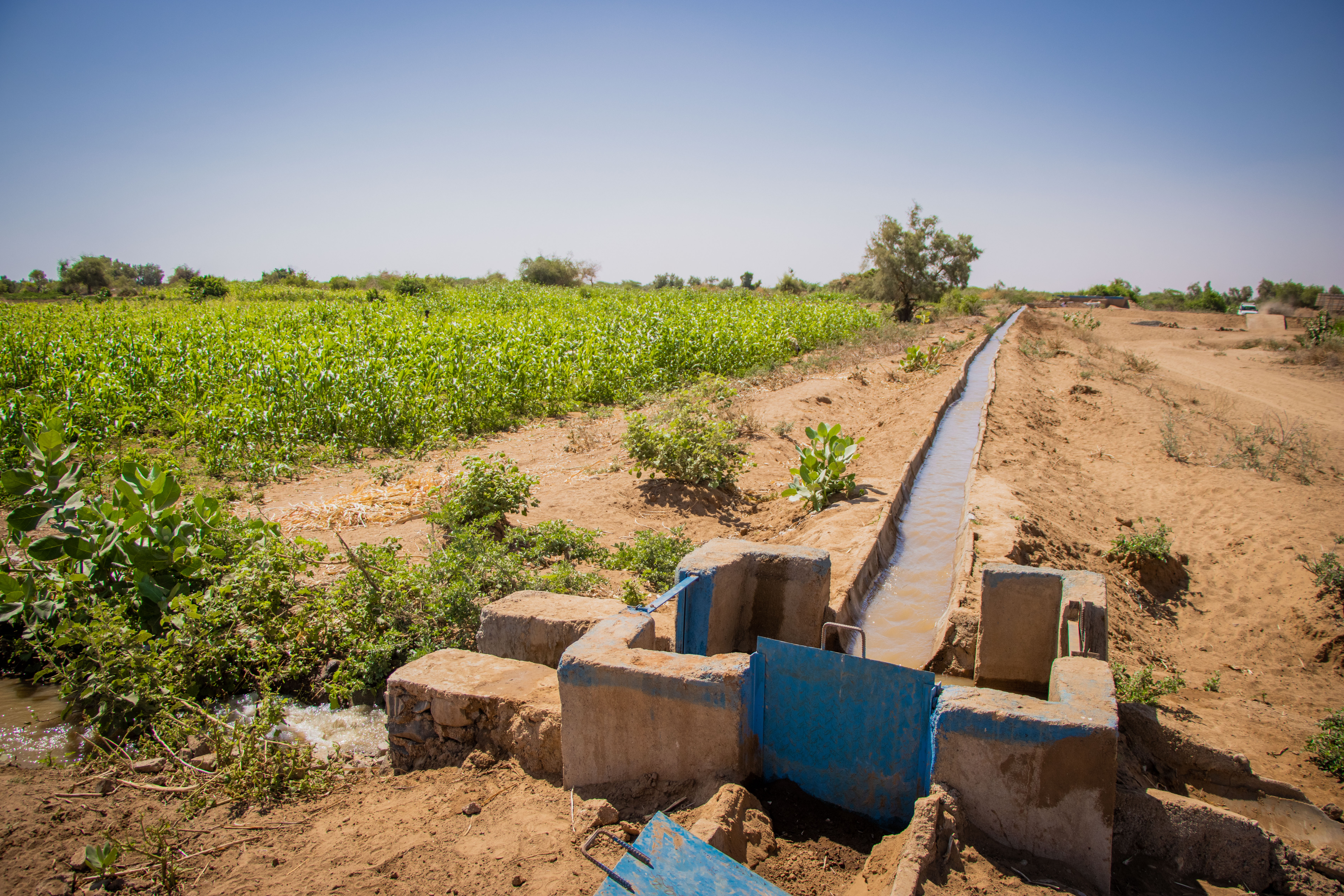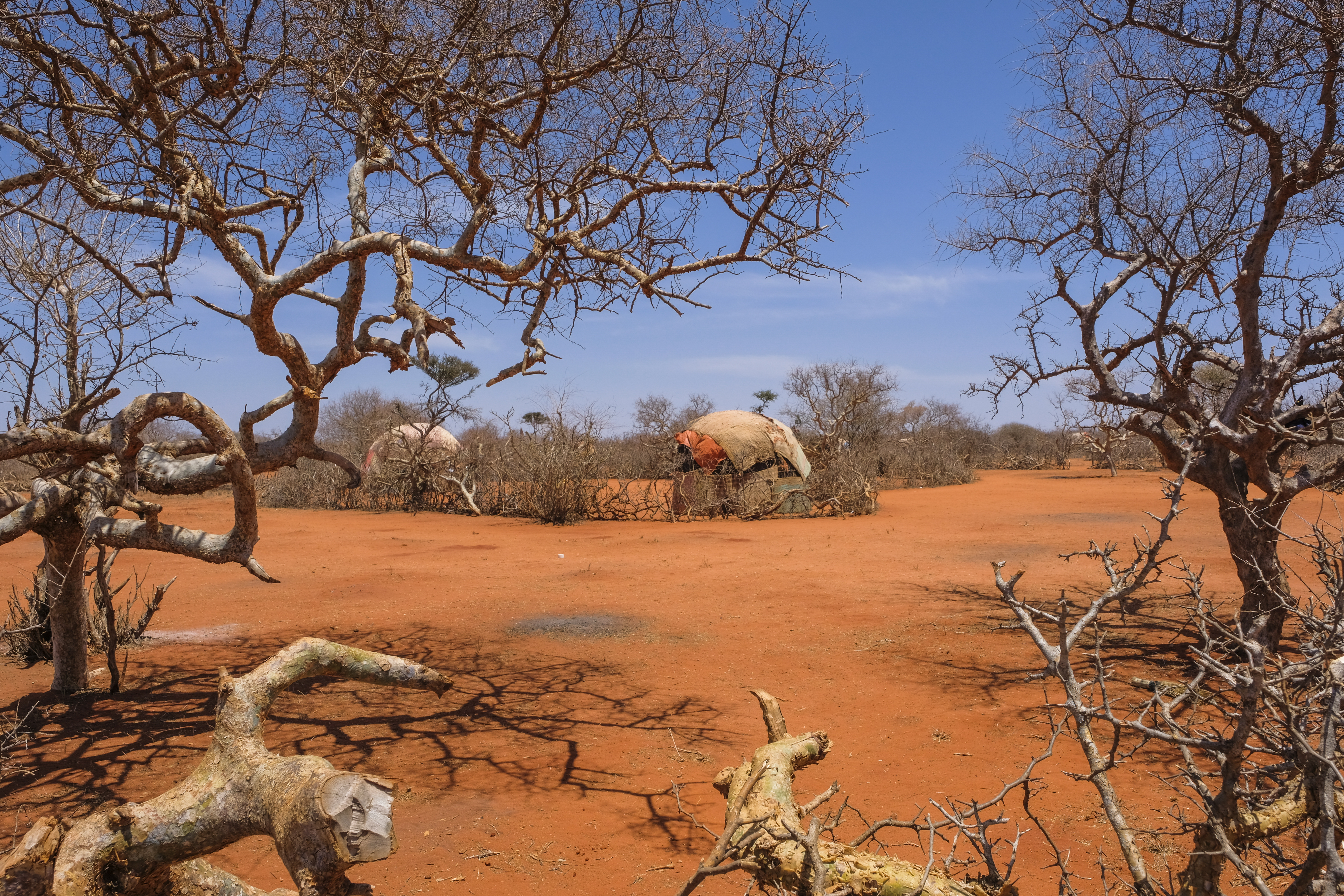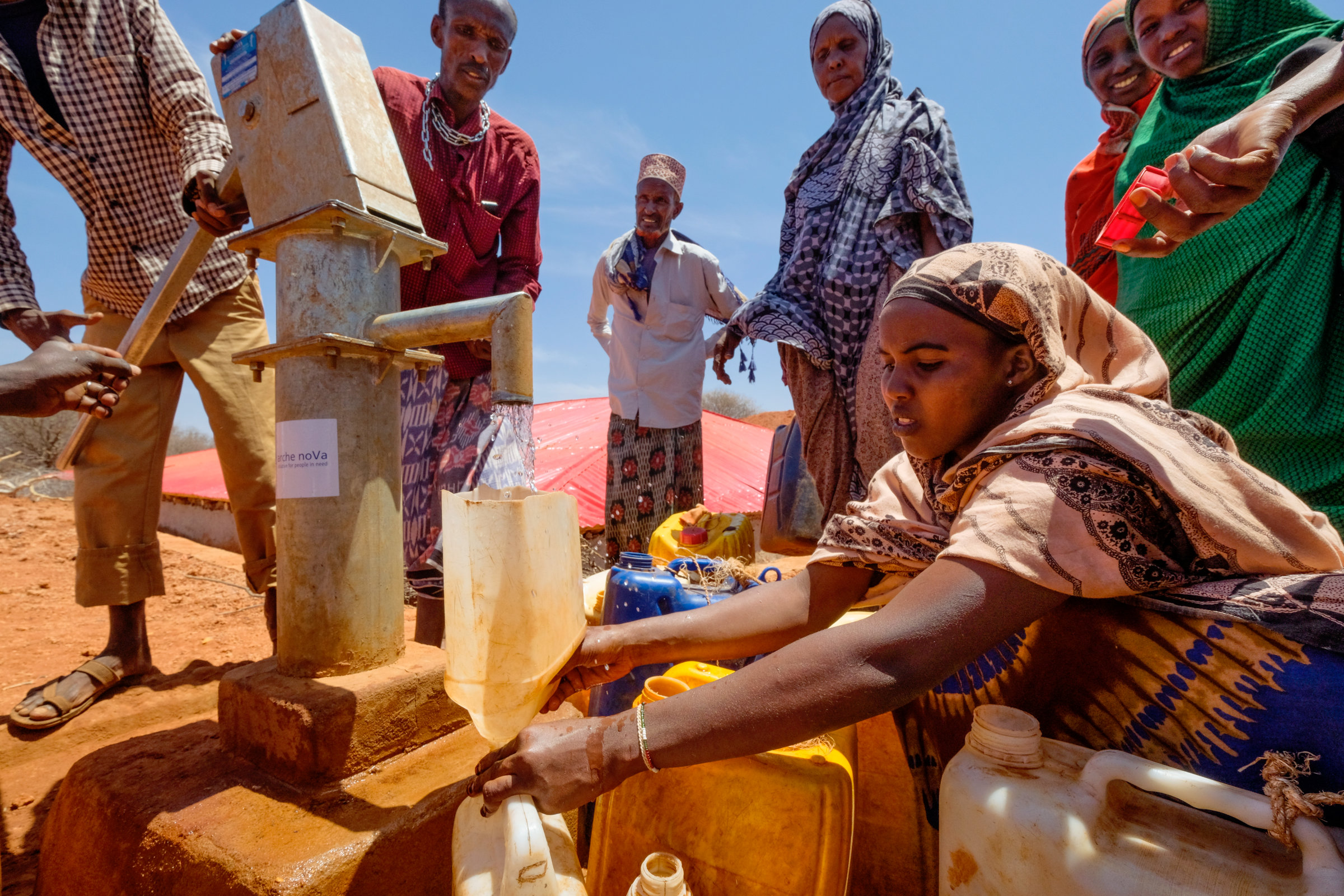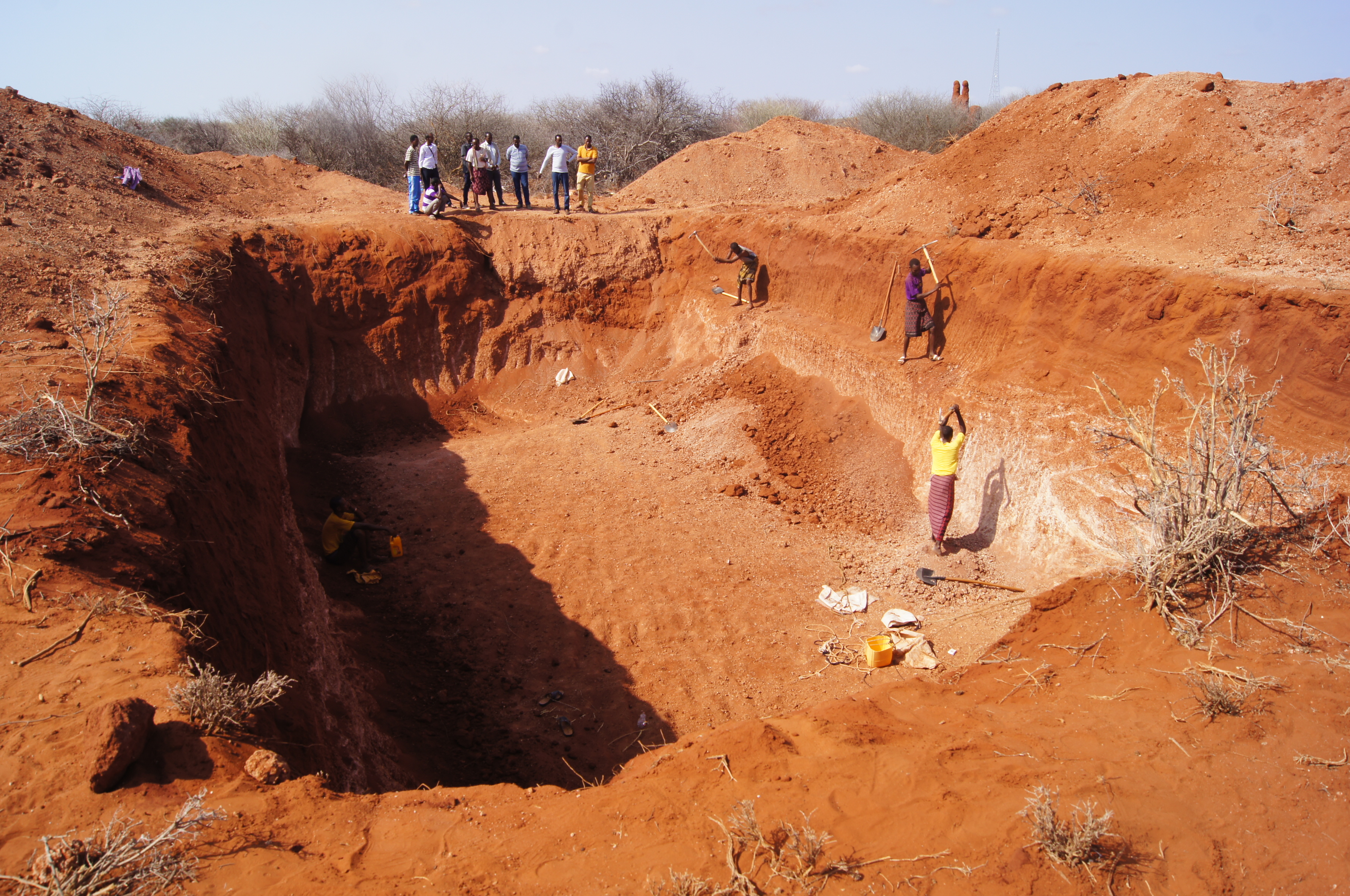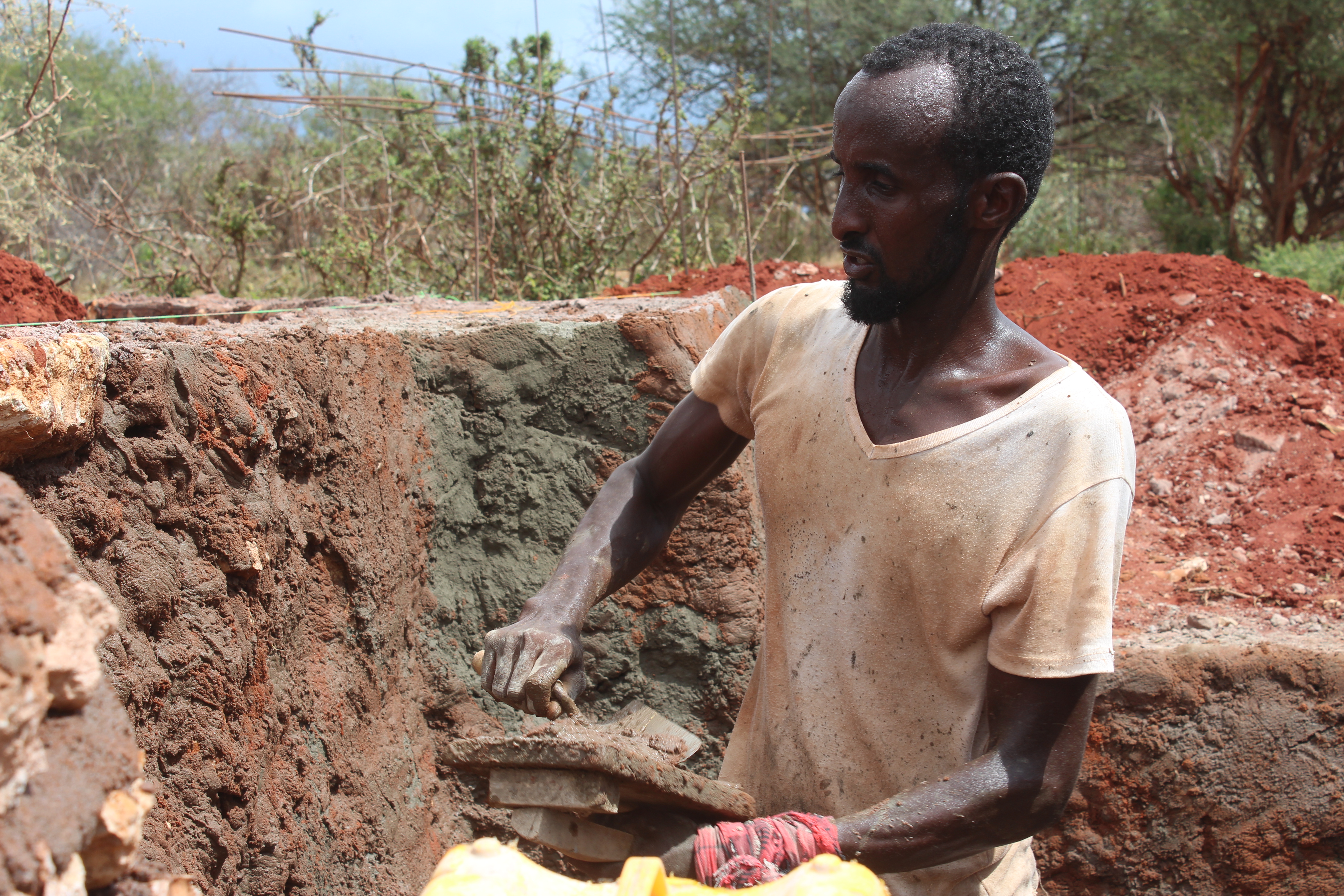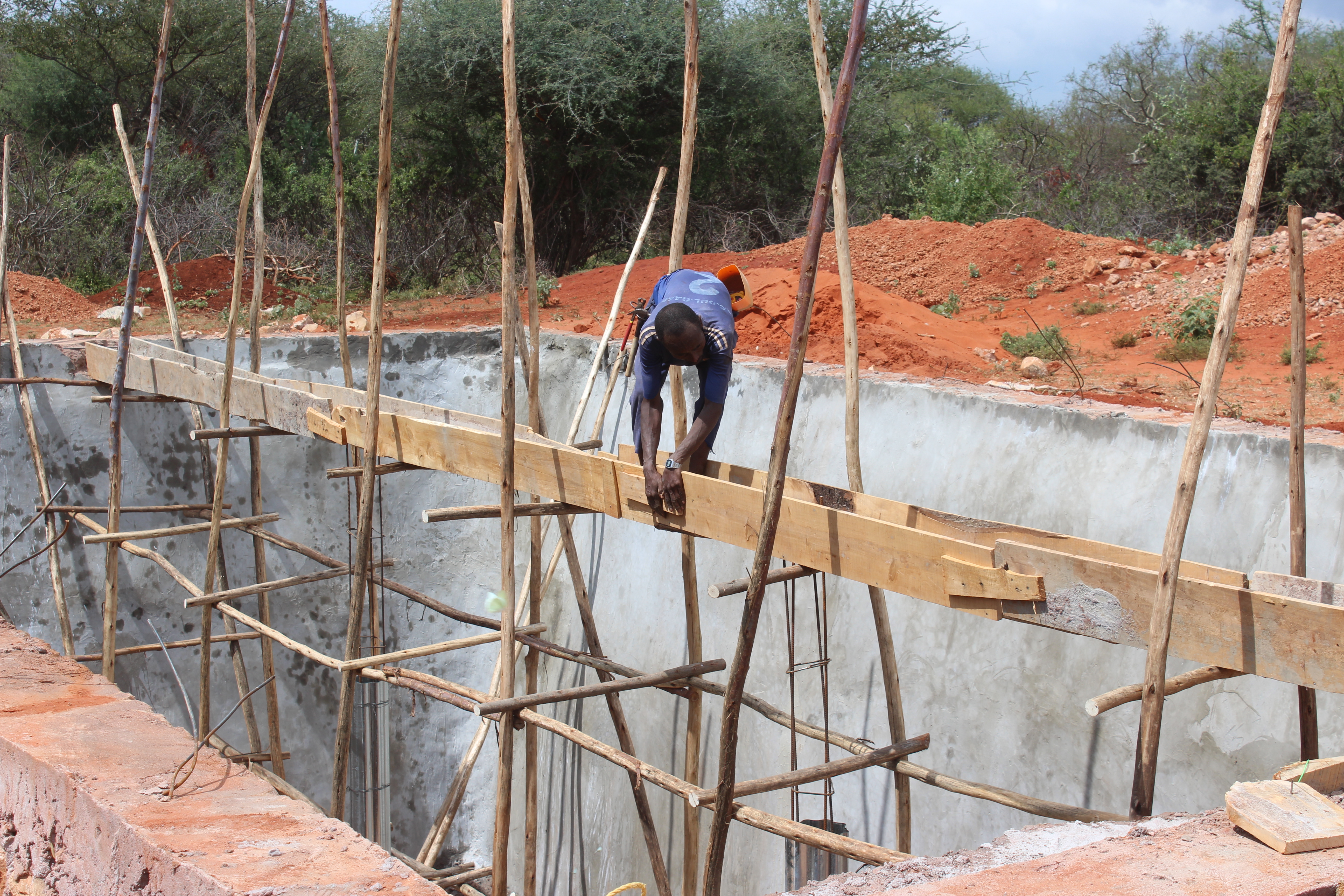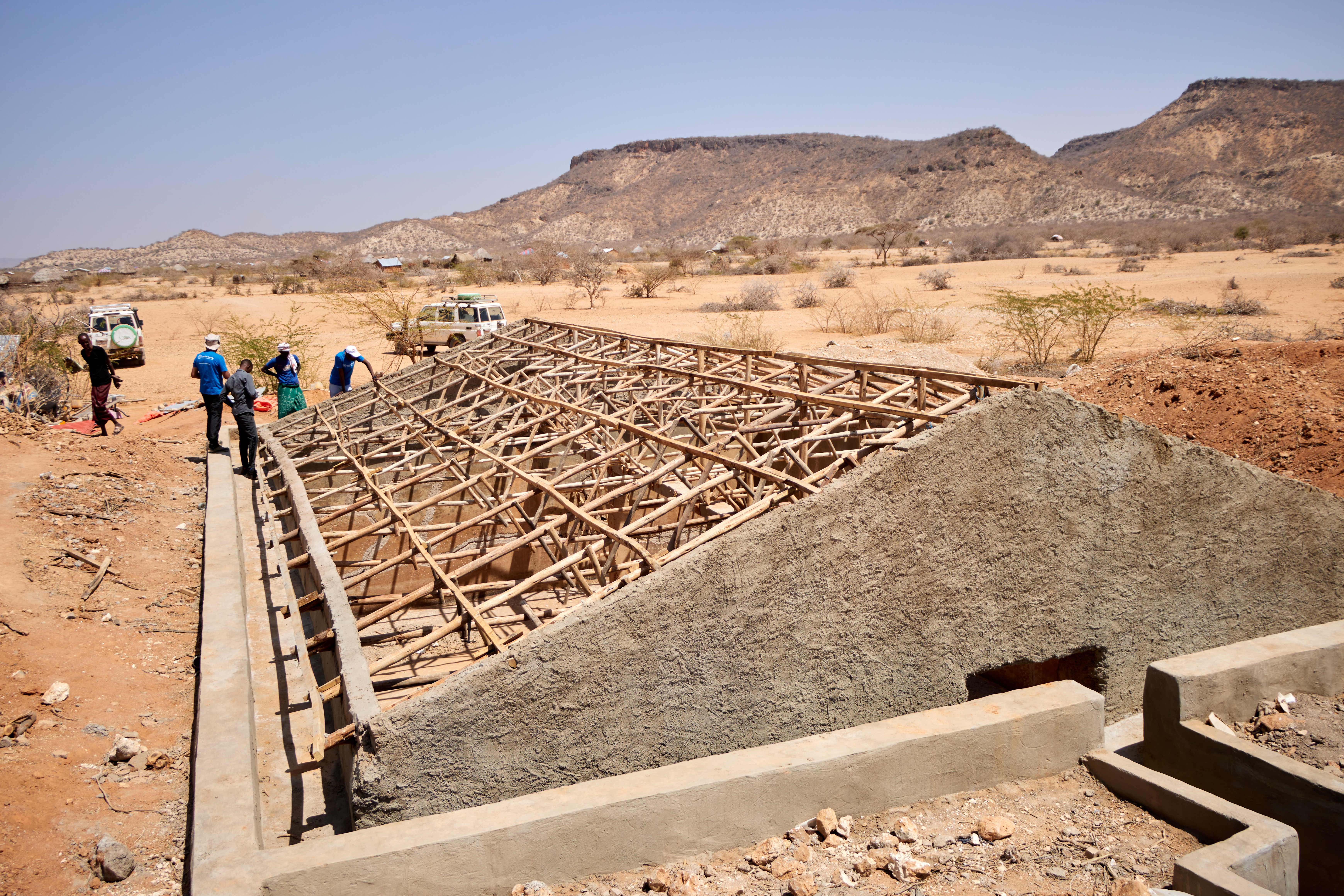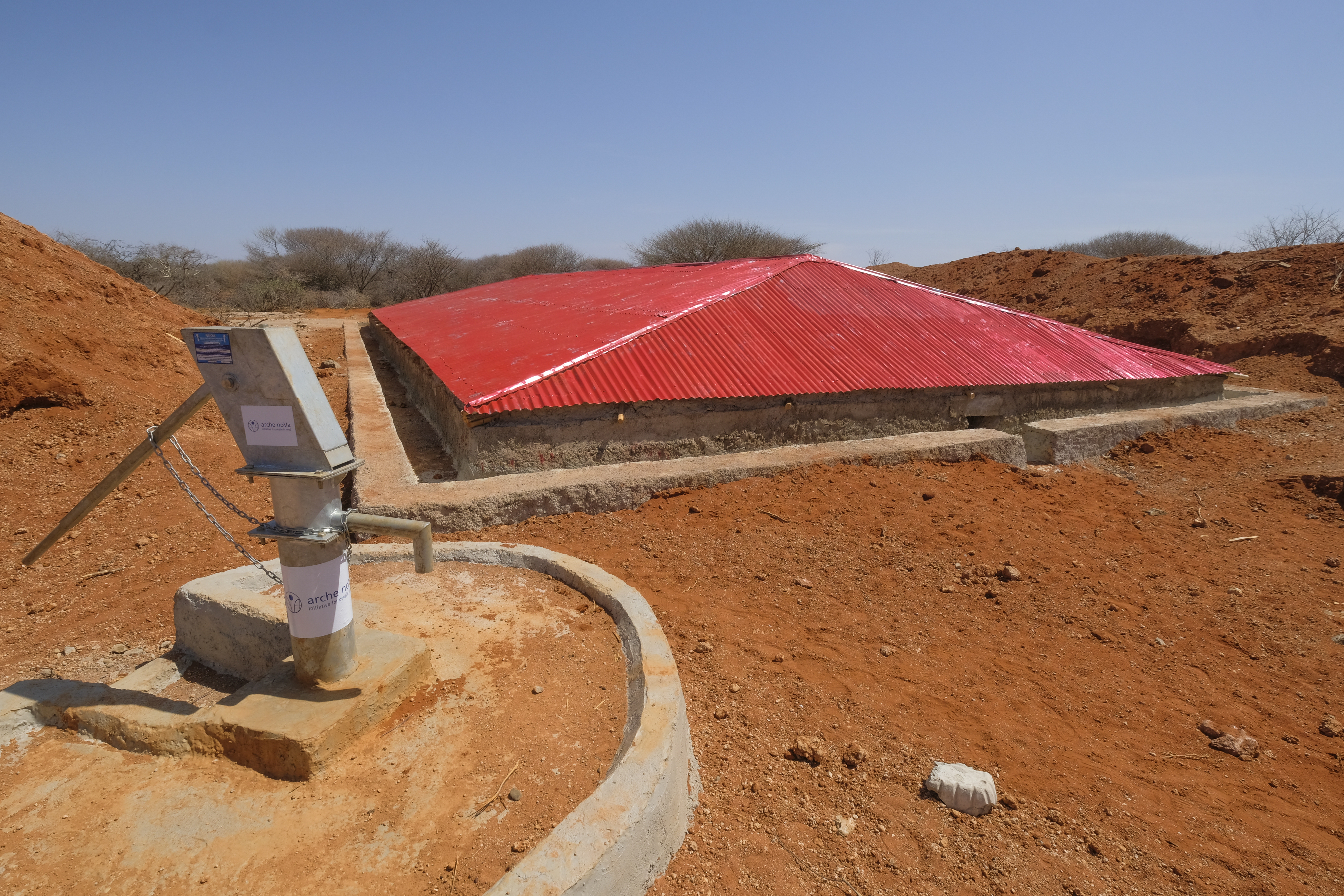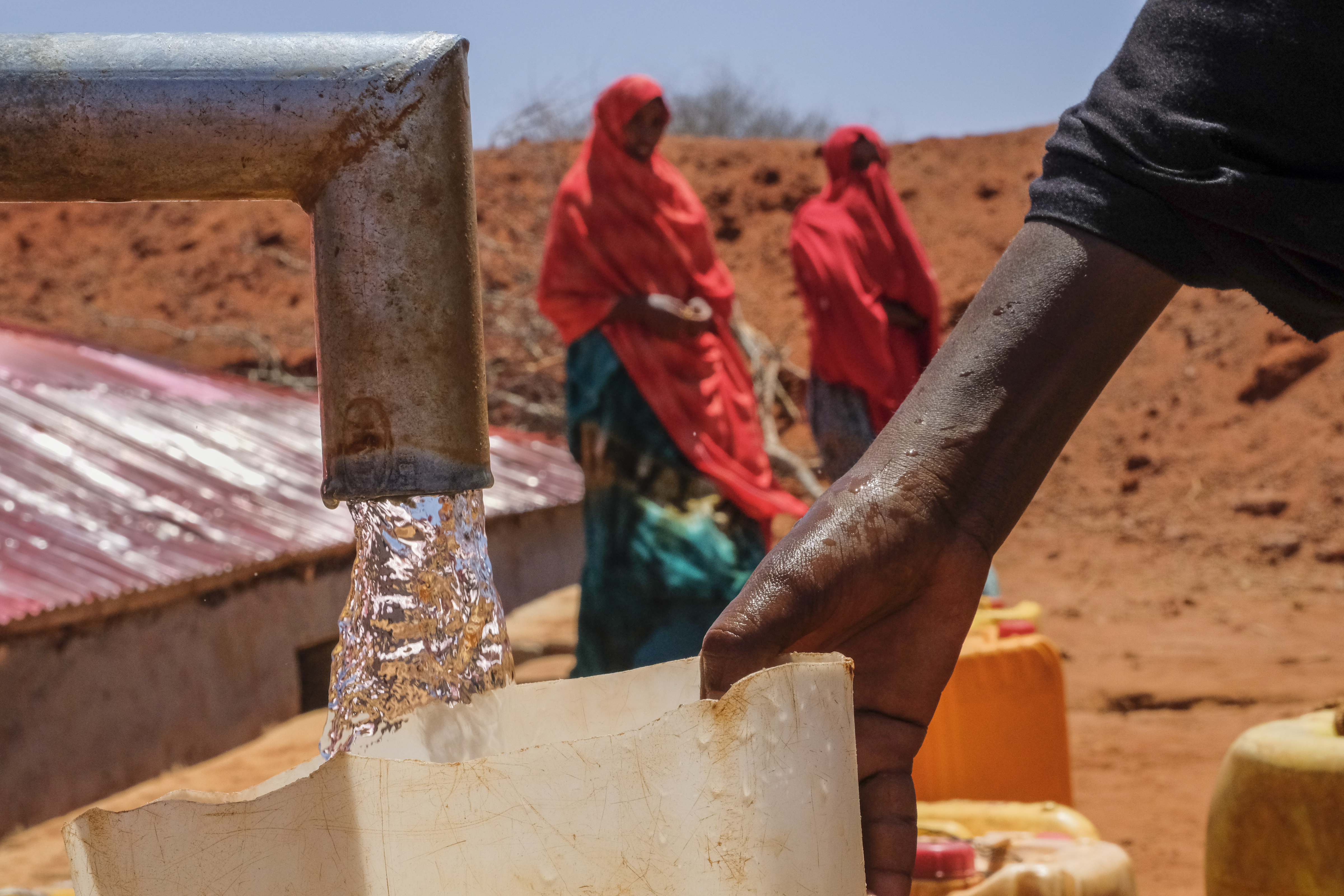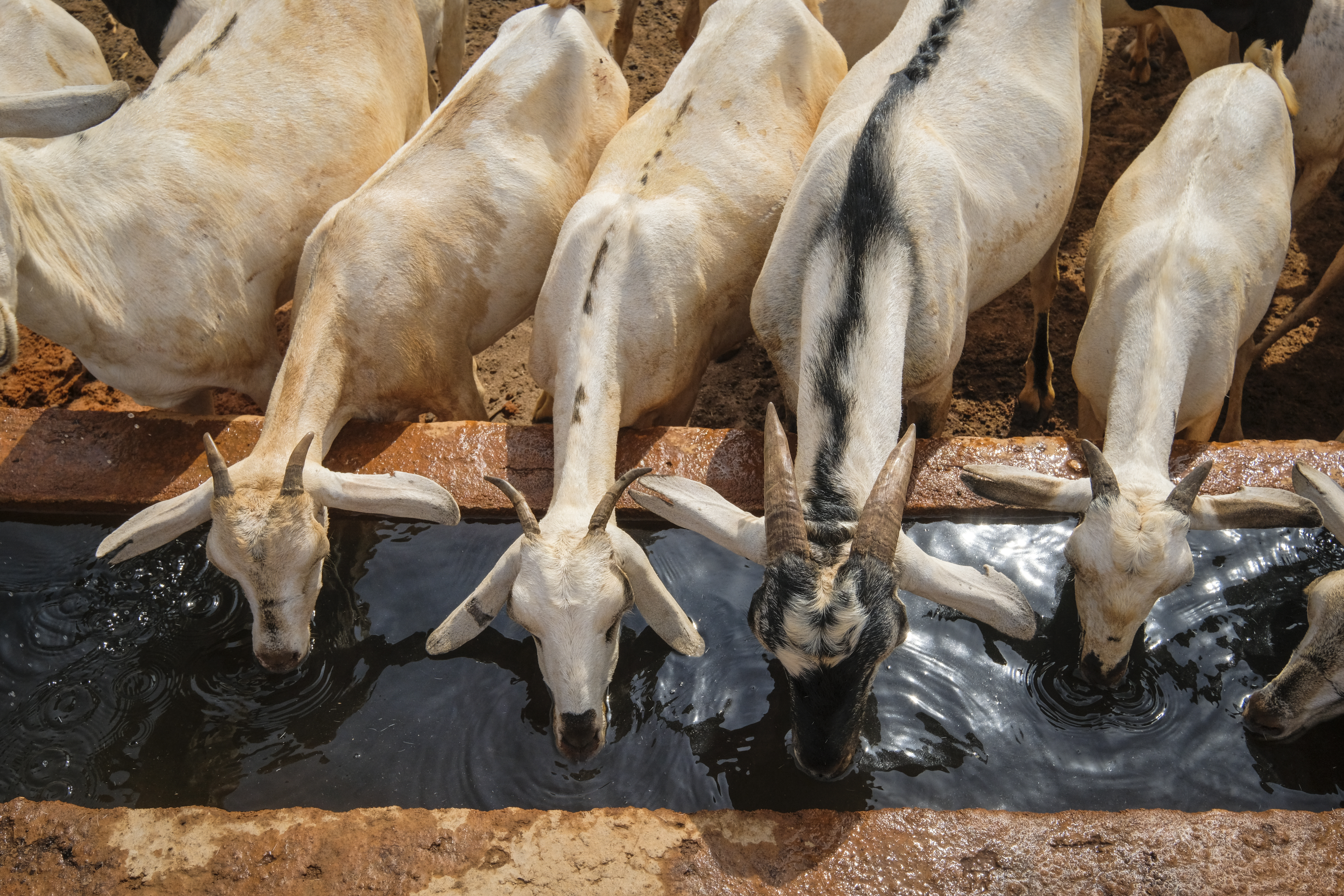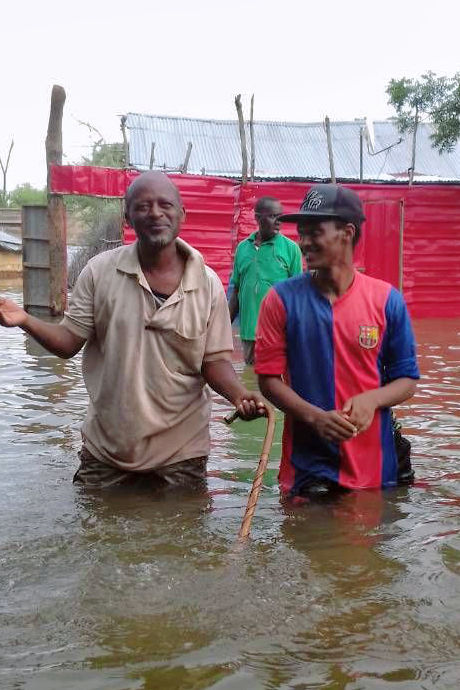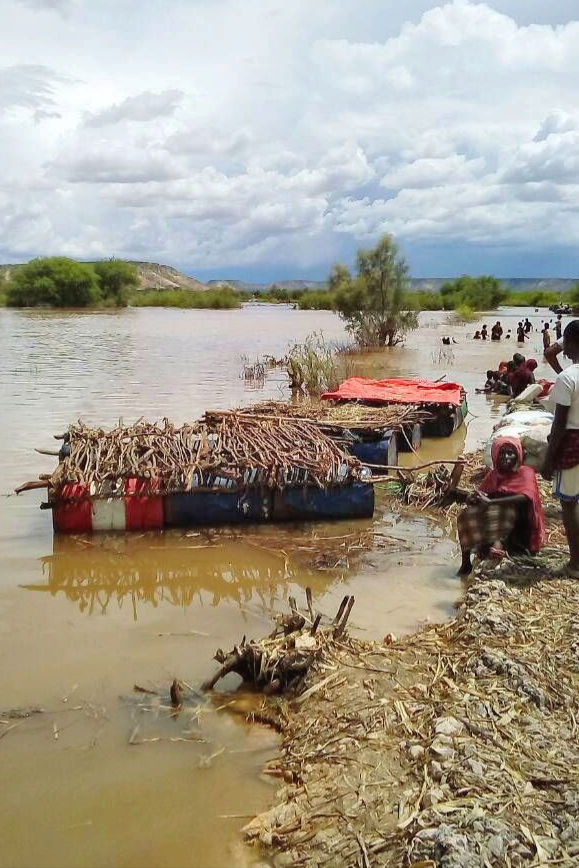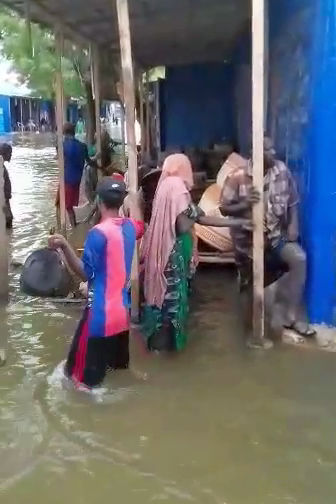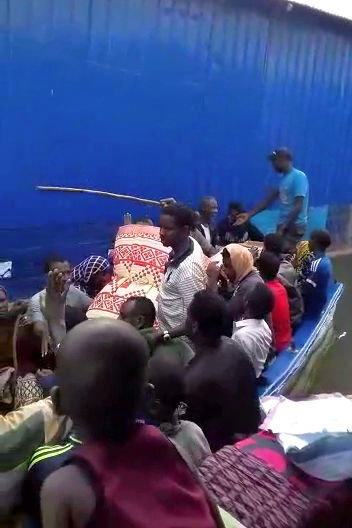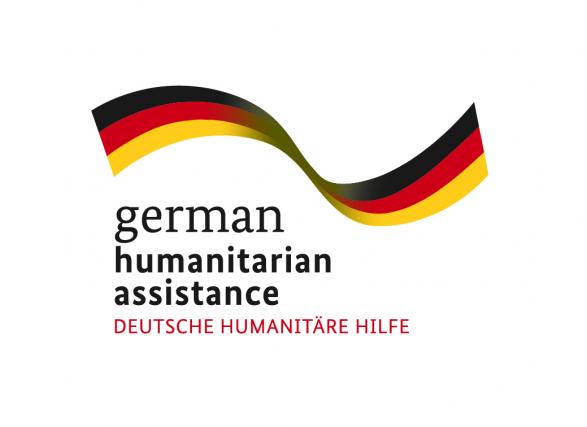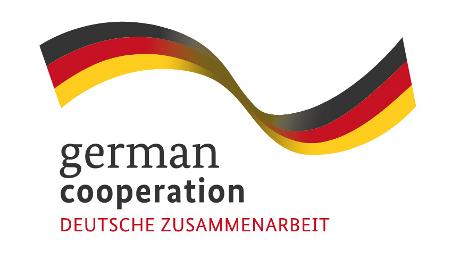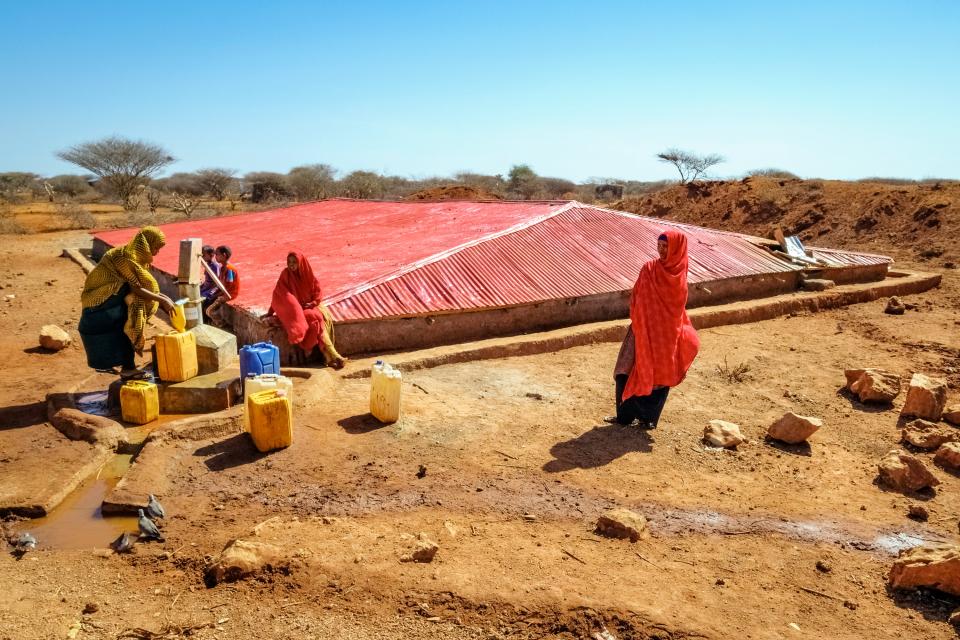
Global program in 14 countries
In order to protect the ecosystem in our project regions, arche nova pursues a green humanitarian aid approach in Ethiopia. When planning, implementing, and monitoring aid measures, we take a forward-looking, environmentally friendly approach that is adapted to the local habitat. These activities are part of a global program that we are implementing in cooperation with ASB, the German Toilet Organization, and numerous local partners. Together, we are advancing issues such as inclusion, environmental sustainability, disaster preparedness, and international knowledge transfer in a total of 14 countries.
Within Ethiopia, the Somali regional state is one of the least developed. Beyond the few cities or larger towns, there are hardly any paved roads, the electricity and water supply is inadequate, as are the school and healthcare systems. When crises such as droughts or floods occur, people quickly find themselves in existential danger.
Water is scarce in south-east Ethiopia
The livelihood of most families in the Somali region is based on agriculture and pastoral animal husbandry, with herds travelling long distances in search of pasture. However, with the serious changes in the rainy and dry seasons, the traditional way of life with livestock farming is in danger. Water is becoming increasingly scarce. The vegetation withers.
With each new drought, the herds of cattle and thus the people's food base and main source of income are threatened. Countless goats, camels and donkeys have died in recent years or had to be sold in an emergency. The situation in agriculture is similarly dramatic. Due to ever longer dry seasons and ever lower rainfall in most rainy seasons, harvests are sparse or wither completely. People in our project region therefore cite the increasing scarcity of water as the greatest challenge for their future.
On the other hand, severe flooding is becoming more frequent in some rainy seasons, causing serious damage to the affected communities, including to the water supply systems.
Focus on improving the water supply
In view of the local water shortage and difficult supply situation in the region, arche nova has been working with the local partner organisation OWDA (Organization for Welfare and Development) since 2017. Our focus is on sustainably securing the water supply, improving the food situation and promoting income opportunities. We work in communities located in the middle of the drylands and on the banks of the Shabelle River.
Filtersystem für Flusswasser am Shabelle River
River water systems on the Shabelle
The Shabelle is the largest river in the region and the most important source of water. In recent years, the riverbank communities have grown considerably as many families fleeing the life-threatening drought have moved to this water source. However, the supply here is anything but secure, as the river water is heavily contaminated.
For lack of alternatives, people still use the untreated water. This is a disaster for children, the elderly and those who are already weakened by malnutrition. Every additional case of diarrhoea is a matter of life and death for them.
To improve the situation in the long term, arche nova and the OWDA team are building water supply systems with ultrafiltration plants in river communities. They ensure safe drinking water. In line with our approach of promoting climate protection in our work, we rely on solar panels to power the systems we build.
Promoting agriculture and livestock farming
As part of our project, irrigation systems for agriculture are being expanded and newly constructed along the Shabelle. The channels are no longer simply dug into the ground, as was previously the case, but are lined with U-shaped cement elements to prevent seepage.
Fruit trees are also planted along the canals to provide shade. They come from newly established tree nurseries. The fruit enriches the families' diet and can be sold, thus contributing to their income.
All construction and planting work is carried out in close cooperation with the local people. Training is provided on the operation and maintenance of the water systems as well as on plant cultivation, agroforestry and livestock farming. In this area, arche nova also provides support in the form of immunisation campaigns.
Water reservoirs in arid regions
To ensure a basic supply of water for the people and their herds, even far away from the river courses, arche nova is building or rehabilitating traditional rainwater cisterns called birkads together with the local partner organisation OWDA. The reservoirs built into the ground can hold up to 800 cubic metres of water and secure the people's water supply for a long time. Hand pumps ensure good hygiene standards when drawing the water. Depending on the weather, the water in the birkads lasts for around four months into the dry season. Water committees are responsible for the maintenance and operation of the facilities, for which they charge a fee. The money also helps the groups in emergencies, for example during acute droughts, when drinking water has to be delivered by tanker lorry.
Good hygiene practices and toilets
In view of the major health risks for the people in the region, arche nova specifically promotes good hygiene practices. This is all the more valuable as medical care is very unsatisfactory and the nearest hospital is almost inaccessible for most sick people due to the long and expensive transport routes.
Our health care activities include environmental clean-up campaigns, which focus on waste disposal and waste avoidance. There are also hygiene and sanitation education programmes and distributions of hygiene articles.
In addition, arche nova is campaigning for the construction of sanitary facilities in the Somali region. We motivate people to build their own latrines and ensure the construction of gender-segregated and inclusive sanitary facilities with several cubicles and hand-washing facilities at schools and health centres.
Being prepared for droughts and other disasters
Numerous disaster management measures are being developed so that people in the project communities can better cope with extreme weather events and other crises in the future. These range from awareness-raising measures and documentation of the hazard situation to the establishment of disaster prevention plans and advance warning systems. In order to achieve sustainable and comprehensive results, all relevant institutions and groups are involved - from the village community to the national ministry.
Rapid assistance in acute emergencies
With our local partner organisation, which has a large network of humanitarian aid workers on the ground, we can reach those affected quickly during acute droughts or flood disasters. Depending on the need, arche nova facilitates the distribution of relief supplies, water deliveries by tanker or other emergency aid measures.
Much achieved in previous projects
arche nova has been working in Ethiopia for more than ten years. The starting point was the severe drought in East Africa in 2011. Since then, we have been supporting the population severely affected by drought and extreme weather events in remote rural communities in the Somali region. Overall, arche nova has already reached many people in this project region.
Donate for this project
Project Overview
Improving water supply, hygiene conditions and food security for communities affected by drought and flooding in the Somali region, Ethiopia
34,500 people in the Somali region (districts/ Woreda: Denan, Gode, Kelafo) including in particular pastoralists who have lost their livestock as a result of the drought and farmers affected by drought
- Improving water supply, hygiene conditions and food security for communities affected by drought and flooding in the Somali region, Ethiopia
- Emergency aid with water supplies and feed distribution (Denan Woreda)
- Construction and rehabilitation of water storage basins (Birkad) and installation of pumps
- Construction of river water extraction systems including pumps, solar systems, water treatment plants, elevated tanks, distribution points
- Training of water committees, distribution of tools for maintaining the water systems
- Expansion of irrigation systems including paved canals and pump houses
- Training on improved crop cultivation, irrigation management and livestock farming
- Construction and repair of latrines
- Construction of toilets at health centres and schools.
- Community dialogues on hygiene and sanitation education, training of hygiene trainers
- Promotion of disaster risk reduction through training and the establishment of DRR committees at district level (Woreda)
- Federal Foreign Office
- BMZ
- Privat donors
- OWDA (Organisation for Welfare and Development in Action)
- Federal Foreign Office
- BMZ
- Privat donors


